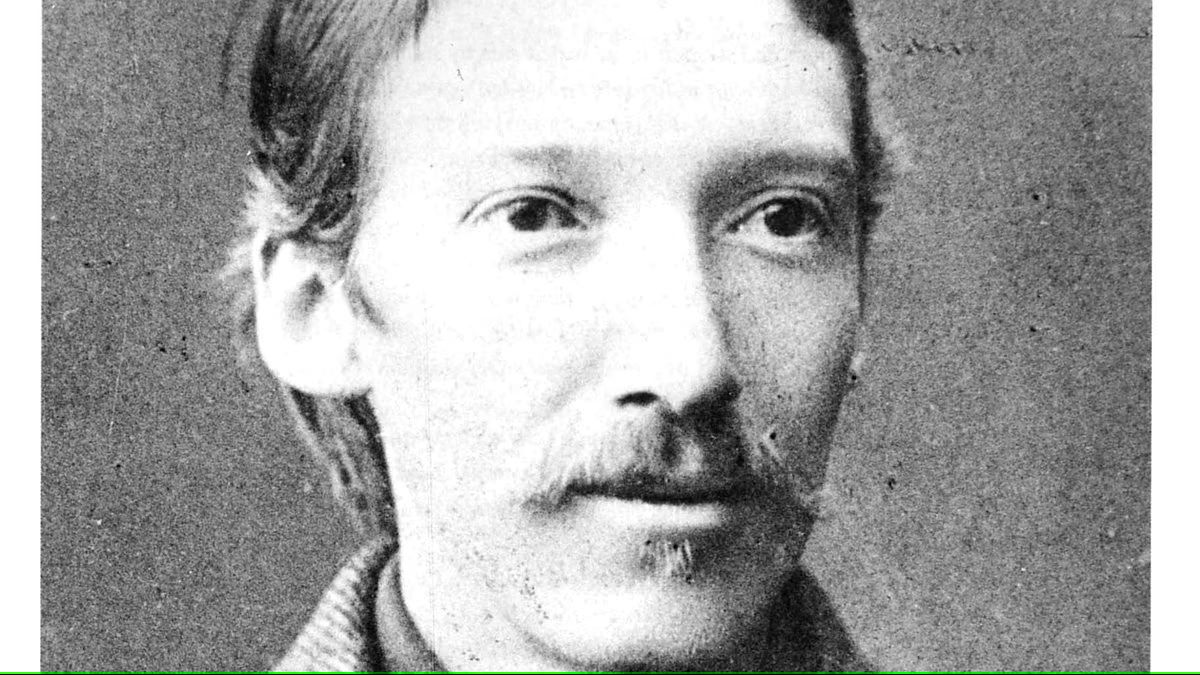He is arguably Scotland's most famous storyteller, admired by the likes of Hemingway and Kipling.
Scotland: University researchers study Treasure Island author's treatment of indigenous populations
Publication Source




He is arguably Scotland's most famous storyteller, admired by the likes of Hemingway and Kipling.